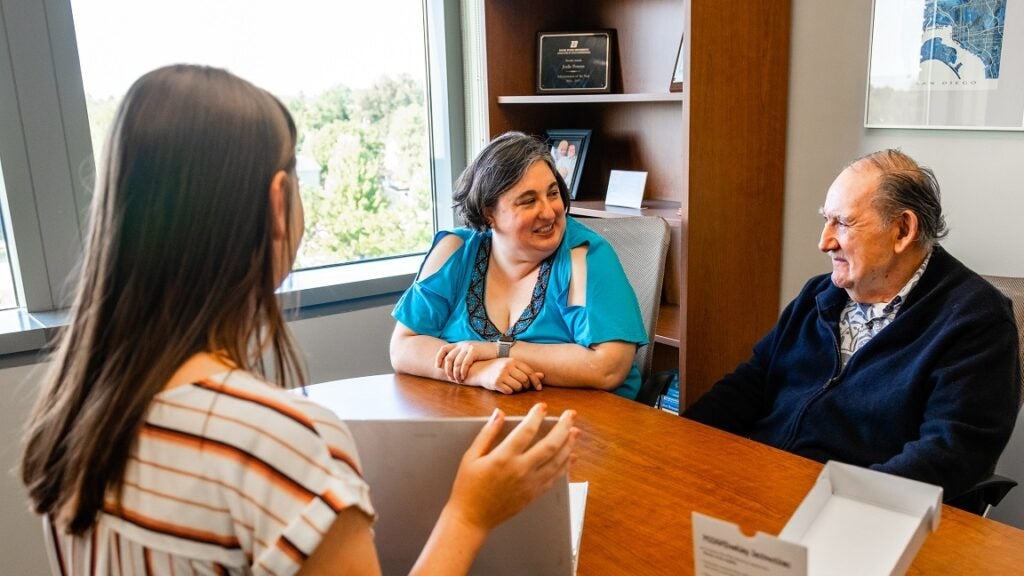
Overview:
Students enrolled at any ACGC accredited genetic counseling program must complete certain requirements to be eligible to sit for the ABGC board certification examination after graduation. Genetic counselors cannot be licensed in their respective states without successfully passing the ABGC board examination. The foundation of these student requirements is established to help students acquire the skills and knowledge outlined in the Practice Based Competencies. A minimum of 50 “core cases” from a wide variety of clinical settings and service delivery models (in-person, telemedicine, etc.) are required. Options for non-clinical rotations (laboratory, industry, advocacy, etc.) are also included as part of the overall fieldwork experience.
Personalization Process Overview:
The MSGC program leadership team understands that students’ situations are unique and strives to provide quality field placements that are as compatible as possible with students’ home/life balance and other non-academic related commitments. Clinical rotation schedules will be discussed and customized individually with each student starting in the fall semester of the first year. This allows for student input as well as opportunity to explore clinical rotation options that best fit the student and clinical supervisor’s needs. Final approval of rotation placements is at the discretion of the Assistant Program Director and the Program Director.
Fieldwork II-IV Curriculum:
Students are entirely remote/online the full duration of the first academic year. However, in the second year, face-to-face clinical rotations will be required. Students will begin their clinical rotations during the 14-week summer term in the Fieldwork II course. This will be followed by two sequential 14-week courses in the second year: Fieldwork III (Fall term) and Fieldwork IV (Spring term). It is recommended that students spend approximately 3-4 days per week in their respective clinical rotation sites to successfully complete the requirements for the course, to achieve the competencies and clinical cases needed for ABGC board eligibility, and to experience a breadth and depth of professional competencies. The total minimum required hours in clinical rotation settings by graduation: 675 hours.
Travel Expectations:
Although Boise State University’s online MSGC program strives to make the educational and training components of the program accessible and affordable to all students, since clinical rotations are a necessary requirement for students attending any ACGC accredited program, travel and temporary relocation may be unavoidable. Fieldwork sites are located primarily in the western US. The program leadership team will work diligently with each student and rotation site to identify matches that are best suited for both parties.
Planning for Clinical Rotations:
Students enrolled in the Boise State University MSGC program will first consult individually with the Assistant Program Director, who coordinates placements, in the first semester of the first year to determine rotations site matches. Although every effort will be made to make clinical rotation placements as convenient, cost-effective, and enriching as possible for each student, there are always limitations that are inherent of any matching process. These limitations will be discussed up front with all candidates at the time of program application, as well as reiterated at the time of their consultations after enrollment is complete.
Factors that will be considered in the matching of students with affiliation rotation sites are as follows:
- Student’s residency location at time of enrollment (geographic proximity to sites)
- Student’s preference of locations for site placements
- Student’s professional interests and desires for experiential learning
- Clinical supervisors’ scheduling needs and bandwidth each term
- Student’s scheduling preferences
- Financial needs and socioeconomic concerns
- Student’s family, work, and non-academic commitments